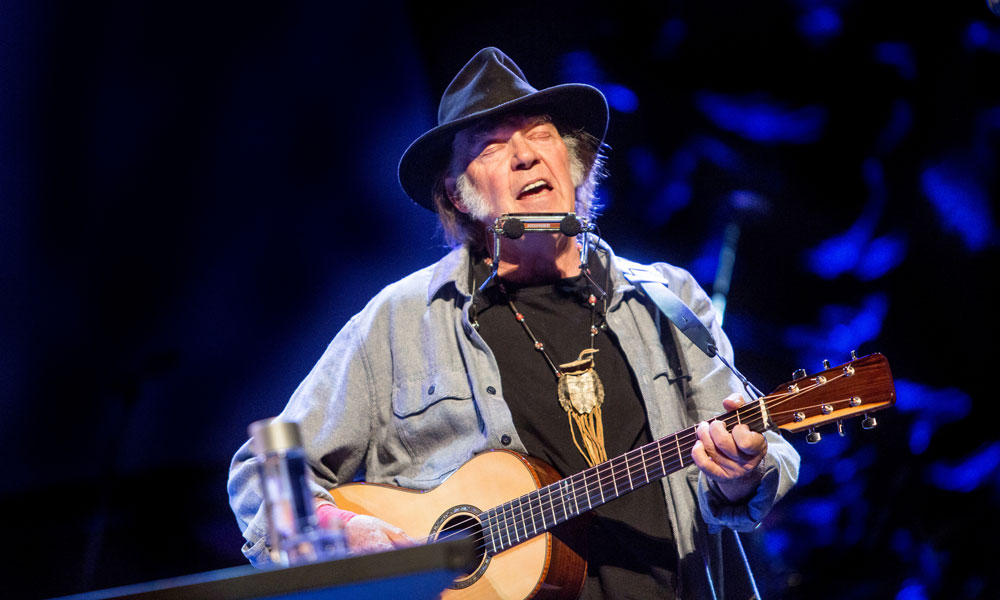
How Music Icons Are Reinventing Fan Clubs for Modern Membership
Whether you’re into The National, BTS, or Neil Young, artists have aggressively built up fan club concepts that focus on the die-hards—each with models that associations might appreciate. And such offerings are increasingly important even for small artists during the pandemic.
Big-name musicians have long been known for having fan clubs that are designed to offer a little more to the folks who love their music the most.
For example, The Beatles would famously drop some of their most unusual audio experiments on Christmas records for fans. Often, though, these fan clubs would be organized not by the musicians themselves, but by those who consider themselves superfans of the artist.
The internet has sort of pushed back these kinds of clubs in recent years—because who needs fan clubs when you have online fandom?—but artists have done much to bring this fan club approach back. And the result is looking pretty membership-y.
Classic rock icon Neil Young offers a key example of what this can look like. Young, whose well-known obsession with musical purity once led him to release an iPod competitor, built a website of his famously deep musical archives. Fans can access it in full by paying a modest subscription fee of $1.99 per month or $19.99 per year. This gives users access to his entire catalog in high-resolution audio form, as well as (during normal times) the ability to pre-order concert tickets.
Young’s membership-driven approach won plaudits from media outlets, including The Outline, which noted that Young’s sizable audience allows him to make such a move, and that it was a goal for other artists.
“In essence, Young is combining old-school patronage and fan clubs with new-school internet monetization and fan subscription services, a la Kim Kardashian,” the website’s Ann-Derrick Gaillot wrote.
Other artists have dabbled in similar approaches. The National, a popular indie rock band, offers a fan club of its own with a higher price tag than Young’s—$50 per year—but more physical perks, including exclusive merchandise and “annual collectible vinyl.”
And of course, we have to talk about K-POP superstars BTS, which have built an entire army around their fanbase by offering annual “recruitment” periods, complete with membership kits.
Artists big and small have dabbled in membership offerings—Taylor Swift, for example, at one point created an app called The Swift Life—but those offerings are becoming more important in recent years for artists at all levels of popularity. Especially during the pandemic.
And no model looks quite the same. For example, piano rocker Ben Folds, whose fanbase dates back a quarter century, makes more than $100,000 per year from a Patreon page he operates to engage fans and as a way to offer livestreams—and more than 1,000 supporters pay Folds $10 a month for the honor. Meanwhile, a onetime collaborator of Folds, Ben Kweller, has a multitier offering with different levels of access to the artist. It starts with access to his music, then moves up to swag, then comped access to shows, then hangout sessions with Kweller.
But right now, the biggest benefit of fan-club-style membership models like these is that they can scale down—and offer a lifeline to artists who would otherwise be without a revenue stream because of the pandemic. BandZoogle, a platform for musicians to operate membership sites, has helped bands raise more than $5 million since the pandemic began. Bandcamp, a popular sales platform for indie artists, also launched a membership-style subscription service last year.
Certainly, all of these offerings are not the same as the fan club of yore. But many organizations, including those that have nothing to do with music, have these kinds of superfans, and building communities around them is a great way to give the fans a little extra love.
Associations looking to boost their own member engagement might want to take notes.
Neil Young wants you to be a member of his online community. (Kris Krüg/Flickr)






Comments